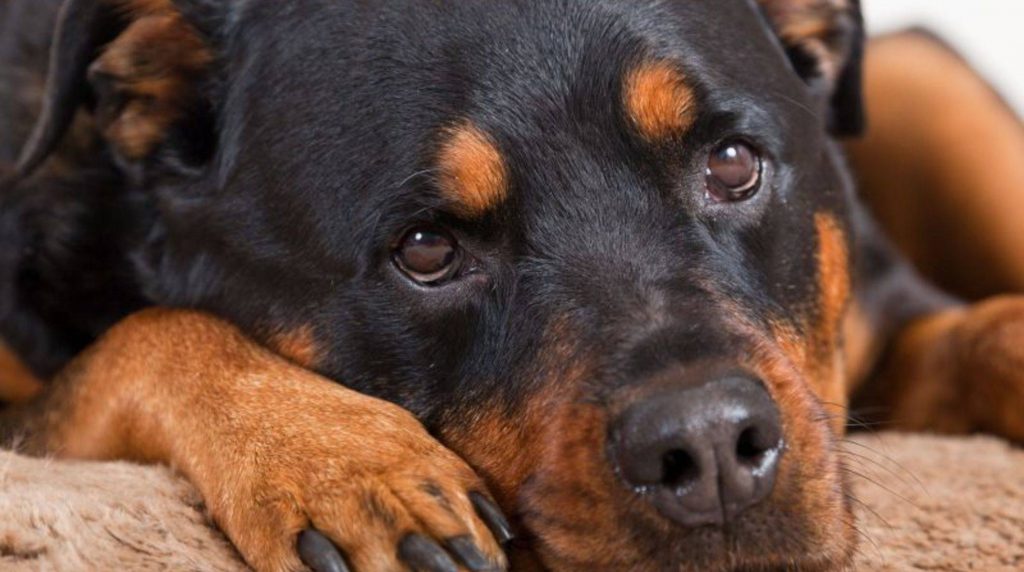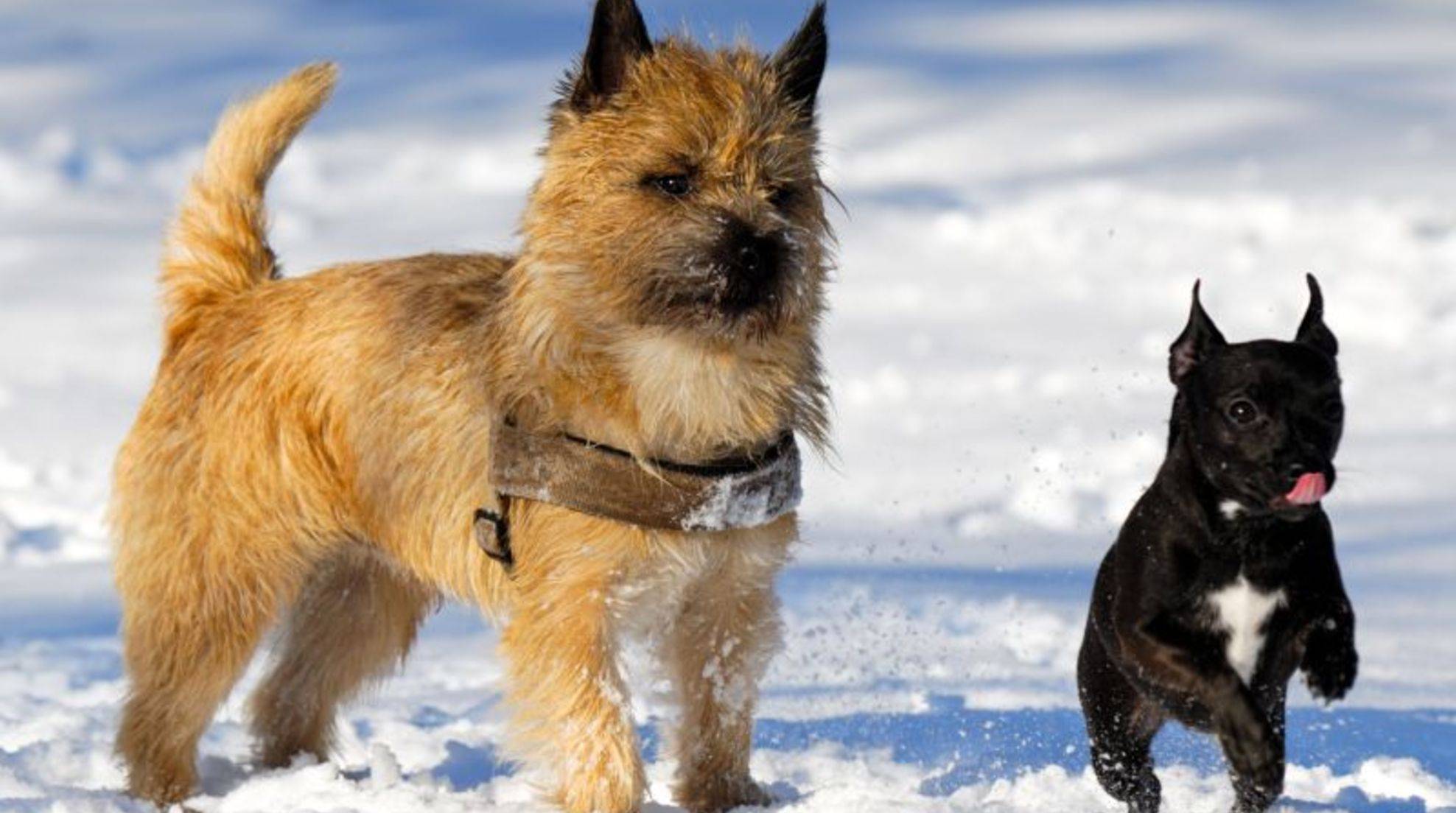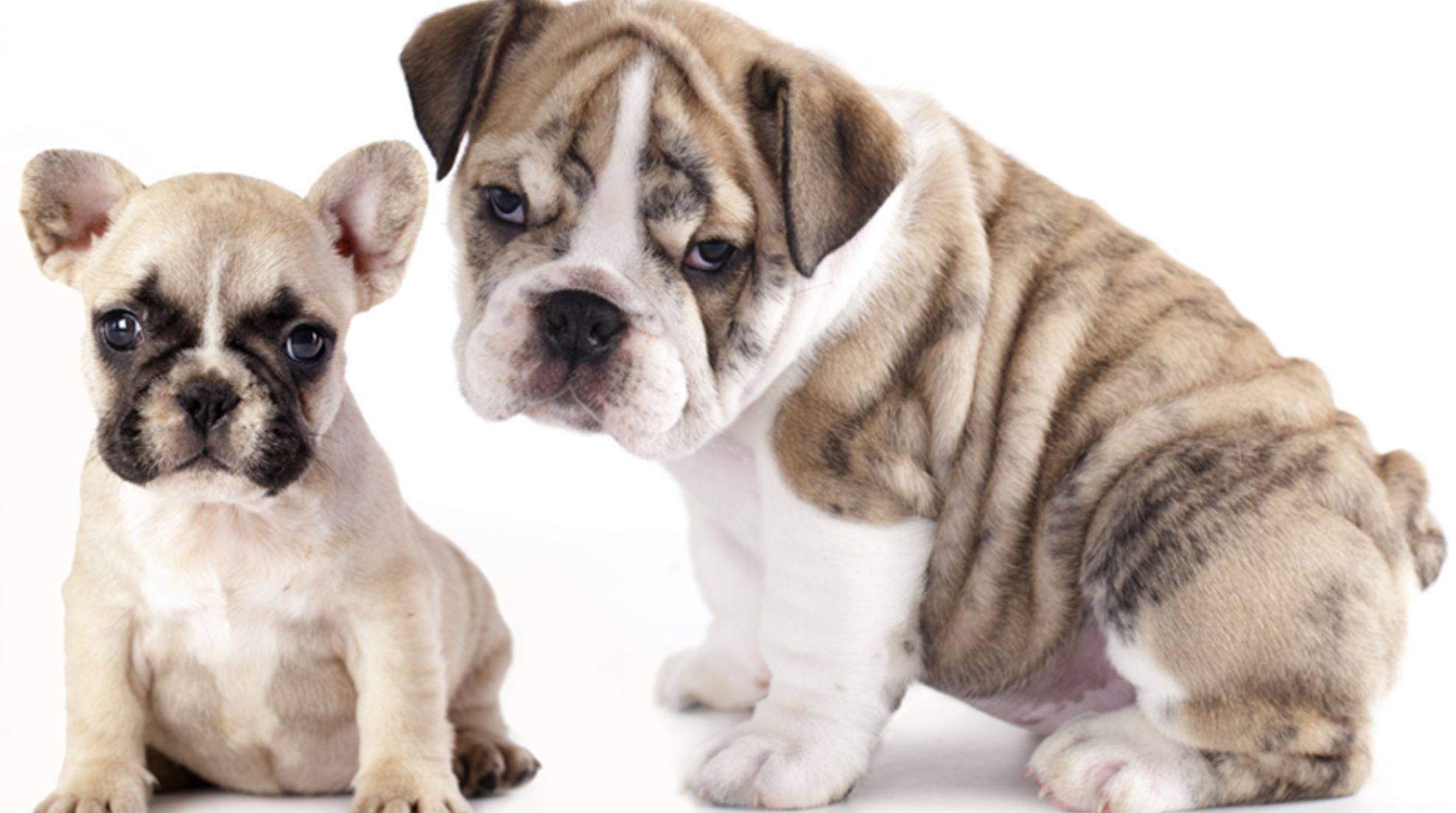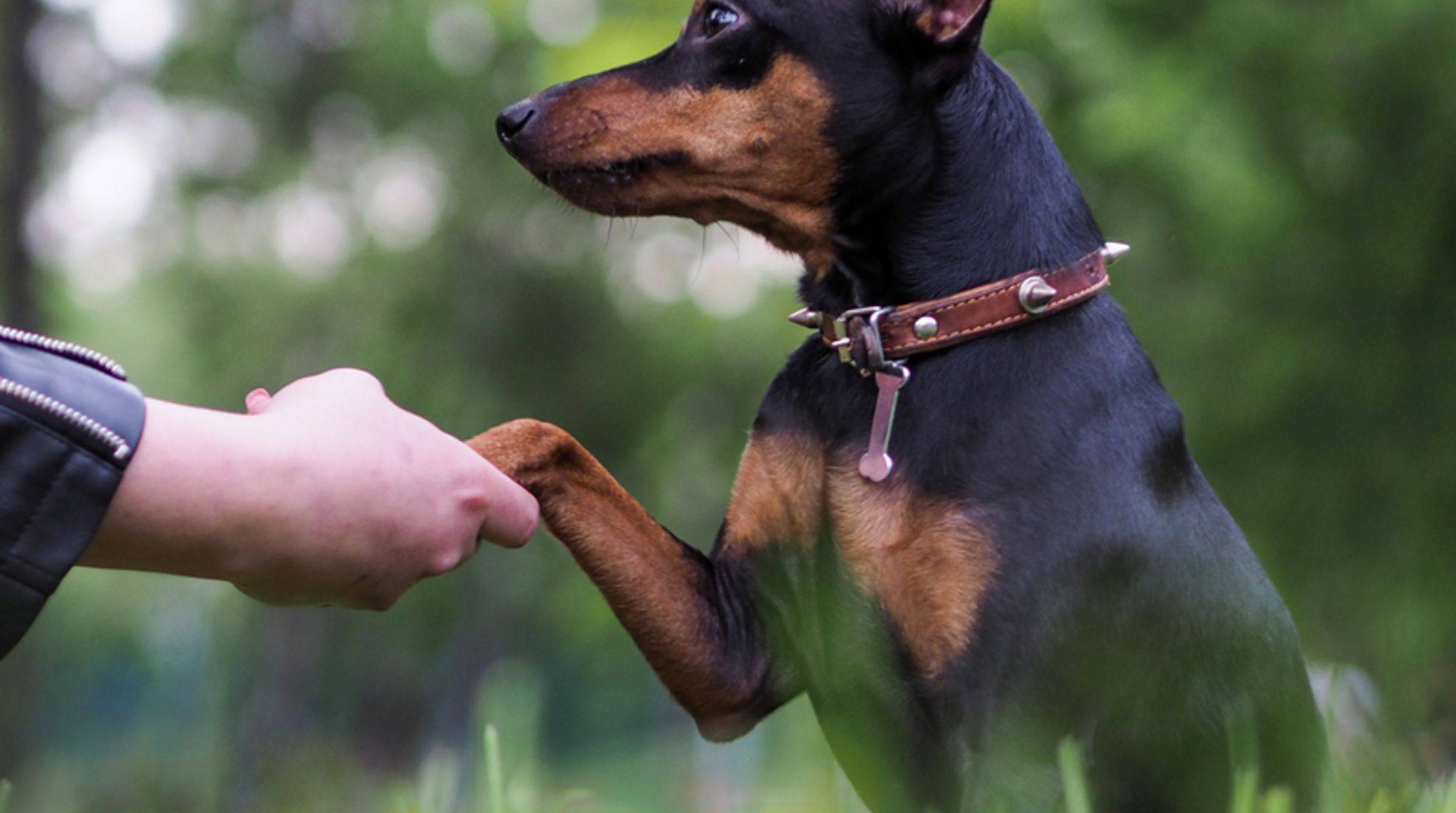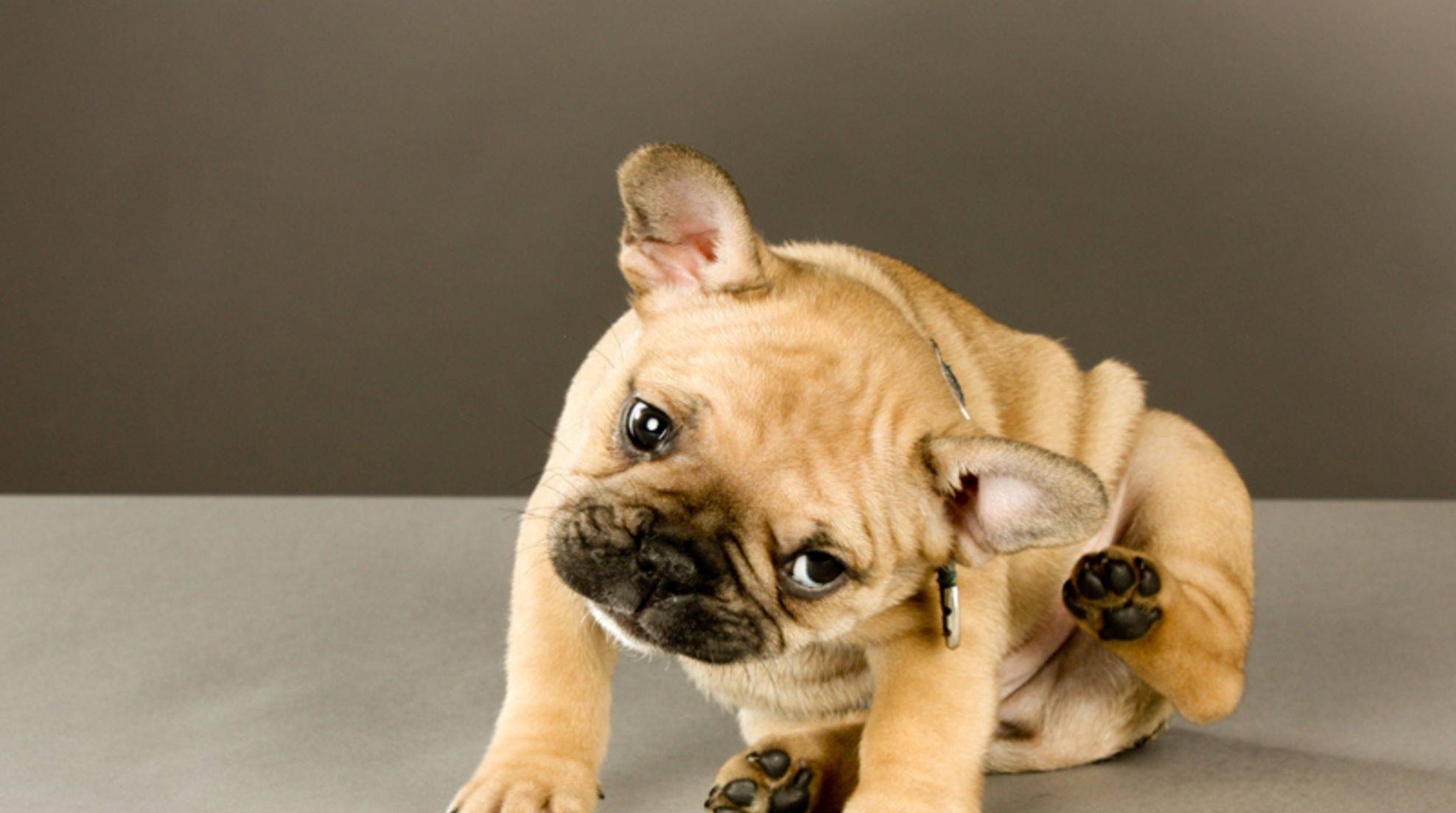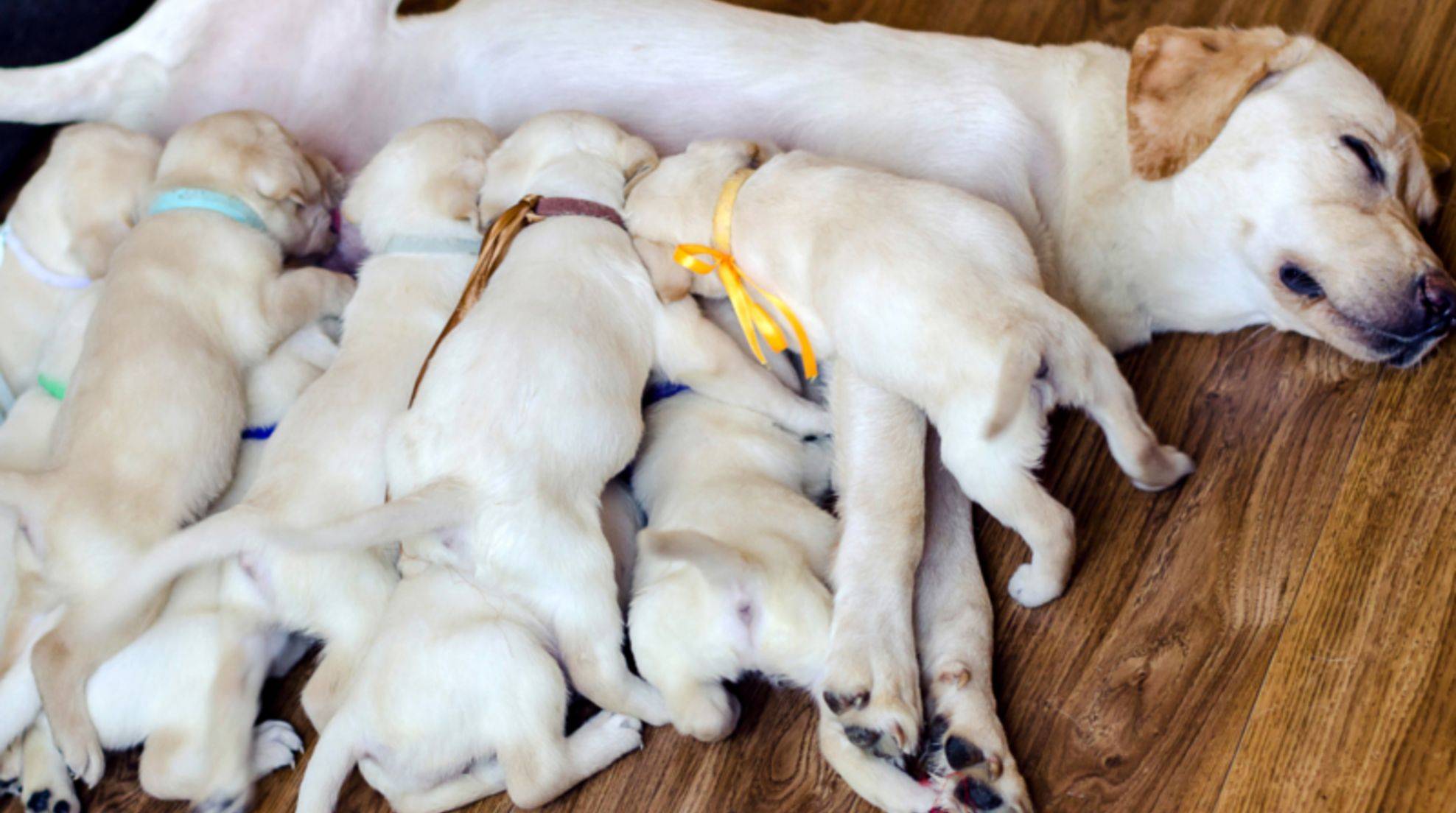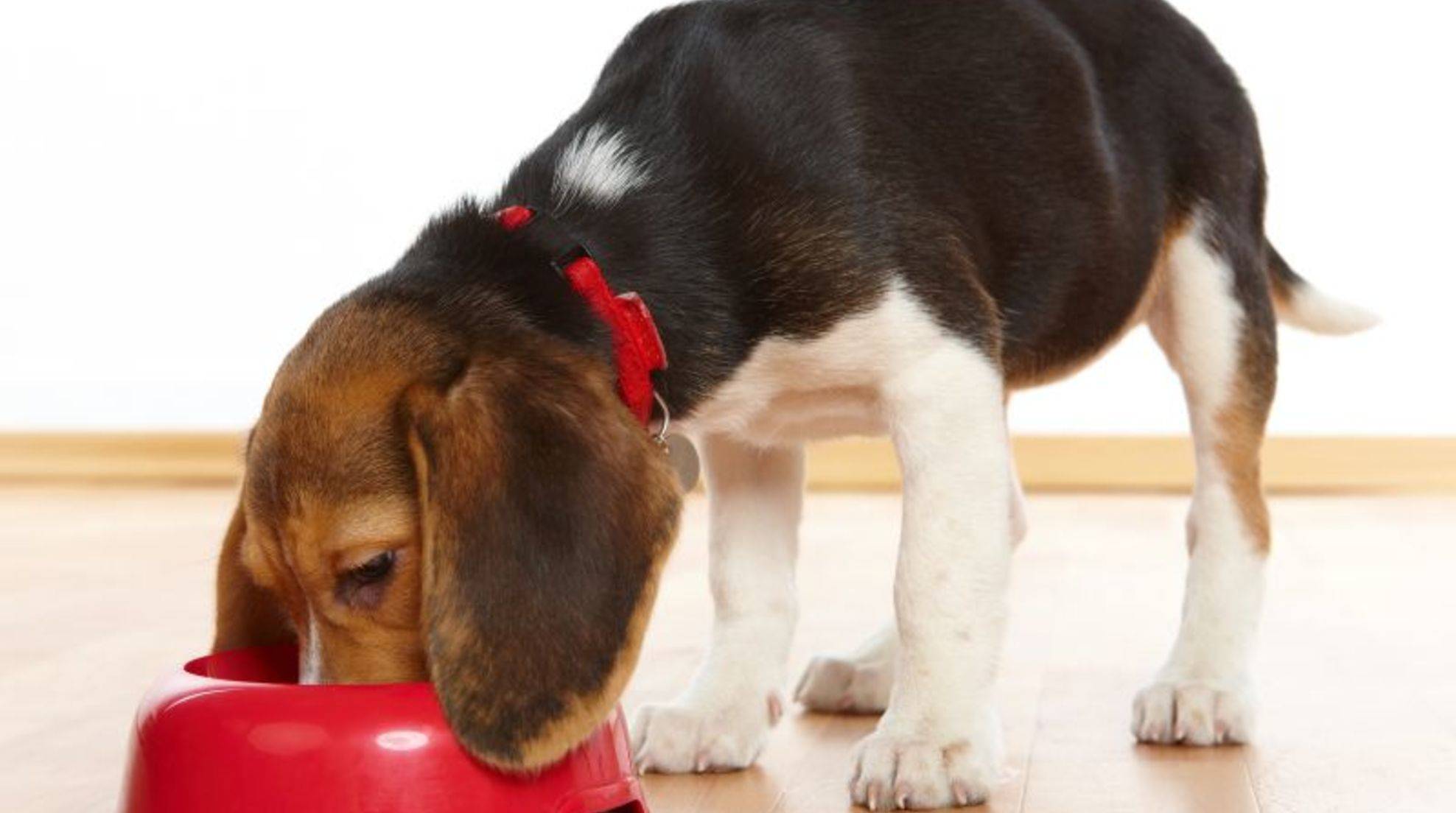When the dog dies: grieving correctly is essential for owners.
The death of one’s dog is a painful event in life, having been a member of the family for many years. This is precisely why it is so vital to grieve correctly to cope with the loss of your long-time animal friend. You do not have to be ashamed of it at all.
Naturally, man’s best friends have a limited life expectancy.
Life expectancy. Therefore, sooner or later, the time will come when you will have to say goodbye to your beloved four-legged friend. Considering the close bond, this is always a heavy loss that comes with immense grief for the animal.
Grieve properly: Give yourself time.
For outsiders, the grief may seem exaggerated, but it is just a natural process for you. For many years, the deceased companion was part of the family and left a corresponding gap.
It would help if you allowed yourself to grieve and grieve properly. After all, even this loss must first be processed. The best way to cope with grief is to free rein your feelings. Take your time, and don’t let other people put you under pressure.
After death comes the farewell
Considering the close bond between you and your dog, it seems inappropriate for many people to leave their beloved four-legged friend with the vet after death. If you own your property, quietly bury your dog in its natural environment. In this way, you will have a place close to you where you can adequately mourn your dog after its death. It would help if you keep the following rules in mind:
Your dog must not have died from a notifiable disease.
The grave for your pet must be at least three feet away from public ways.
Your yard must not be part of a water or nature preserve.
The dog’s grave must be at least three feet deep and well covered with soil.
If you do not have your garden, a pet cemetery may be an alternative for you. Or you can have your dog cremated and take the ashes home in an urn.
Again, you will encounter people who do not understand the motives for burial. Do not let this impress you, and pay your last respects to your best friend. The faithful companion was by your side for years and deserved a dignified farewell.
How do you cope with grief?
If your dog has died, you should, in any case, allow yourself the time to grieve properly. Allow your feelings to take their course. At first, you will probably still have the feeling that your four-legged friend is still there. When you come home, you may call for him habitually.
In this stage of coping with grief, you must first accept that your dog is indeed gone. This may be accompanied by emotional outbursts, mood swings, and other depressive emotional states. Allow these feelings to help you process them. If necessary, it may help to take time off to deal with this challenging first part of the grieving process in peace.
It can also help create specific time windows to remember your dog. For example, go for a walk using your four-legged friend’s favorite walking route. It will be painful at first, but the positive memories will outweigh the grief over time.

